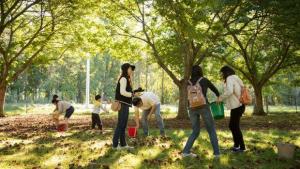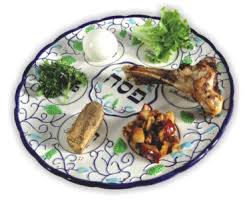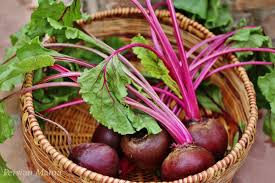The practice of organic agriculture keeps my thoughts close to issues such as the environment, the quality of my life, the quality of life that will be possible here on earth in a few years, and in the future, which is hard to imagine.
Will my children have clean water to drink and clean earth that is not contaminated with toxic chemicals to grow food? Will my grandchildren have a beach free of plastic and sewage to splash in?
Dealing with organic agriculture often affects also the present – what is ripe now, which season is over and which is near, and what each of them brings with it; What is urgent and what is important to do in the garden and in the field and what is expected – rain, heat, pests or irrigation. When you walk barefoot on the ground, even when it is muddy from the rain and when it is covered with a layer of dust and is longing for water, you feel in the present, almost involuntarily. And sometimes, between weeding and arranging fresh lettuces in beautiful piles, there are also thoughts of the past-what was here before we arrived? What did people eat, especially? Was the food varied or very limited? And when there was no grocery store, or farmers market, how was food acquired?
There are things that are hard to imagine. Most of the people I know, here in the modern world, do not gather or hunt their food (the latter is absolutely certain). Some people go to the supermarket, the local grocery store, the market or their favorite bakery to buy food. Some grow some of their vegetables, fruits, or sprouts in their yard (some also have a few chickens or goats), but what about the gatherers? After all, for millions of years, until agriculture took over, people found their food mainly by hunting and gathering – methods that have almost vanished from the world.
Much has been written about the differences as a result of the transition from gathering as a main way to obtaining food – to agriculture. There has been extensive discussion of the enormous benefits of regular cultivation of crops and vegetables on a certain area that can be processed, measured and protected from invaders and thieves.
When there is an orderly supply of food that is more or less constant (not counting disasters, drought years etc.), it is possible to maintain a larger population on a smaller area, to plan logistics for less agriculturally successful years and also – maintain an army, culture, develop tools and technologies. It is this superiority that probably led to the rapid expansion of the agricultural communities and the occupation of the territories that belonged to hunter-gatherers. But this is not only a change in the organization of availability of food, but in the whole lifestyle and in the mindset that accompanies it.
Relying on gathering as a food source requires dealing with the unknown, the uncertain. Today we found a fertile forest plot full of grains, roots and nuts – but tomorrow, who knows? Last year we returned to the abundant grasslands familiar to us from the previous trip, and we managed to hunt enough food for the next two weeks, but who knows what will happen to the place when we leave it for the cold season? What we have now, exists, and what will happen in the future – is unclear. Some of the food can be preserved, but not all of it, and certainly not when we need to travel. Gathering is a process of exploration and discovery – walking slowly, searching, examining, and gathering in the basket. The excitement reserved for world explorers is not granted to those who wake up morning after morning to the same plot of land and only look up at the sky and try to figure out whether the weather this year will be pleasant or whether the crop is in danger.
Today's gatherers (at least those I know in Israel) are people who want to know the nature around them better, to distinguish between poisonous and edible plants, to use the raw materials they find while strolling around with their family. Others want to return, if only for a short time, to the simplicity – to prepare food from what they have, in ways that have served humanity for hundreds of thousands of years, and to be thrilled by the endless generosity offered to us by the earth, and by the rich flavors hidden in plants growing on their own, with no human protection or aid.
There are groups of gatherers who go through orchards where the produce has already been collected, and collect the wealth of leftovers that fell to the ground. Some meet to experience a few days in nature – without a cell phone and without a credit card – only with what can be gathered and with the resonating silence from everywhere – to experience the magic of roaming in a small group of people, looking at the ground, at the bushes and the branches of the trees, listening to each other and to what may be found.
Have you ever gone gathering? Would you like to?
Tell me…..
To health!
Yours,
The garden team
We can expect to receive in our organic vegetable baskets (draft only):
Cucumbers
Lettuce
Tomatoes
Cucumbers
Cabbage
Celery
Cilantro
Swiss chard
Potatoes
Peppers
In the LARGE vegetable baskets also:
Sweet potatoes
Parsley
Lemons
In the organic fruit baskets:
Pomelo
Oranges
Red grapefruit
In the LARGE fruit baskets also:
Clementine
Sweetie











